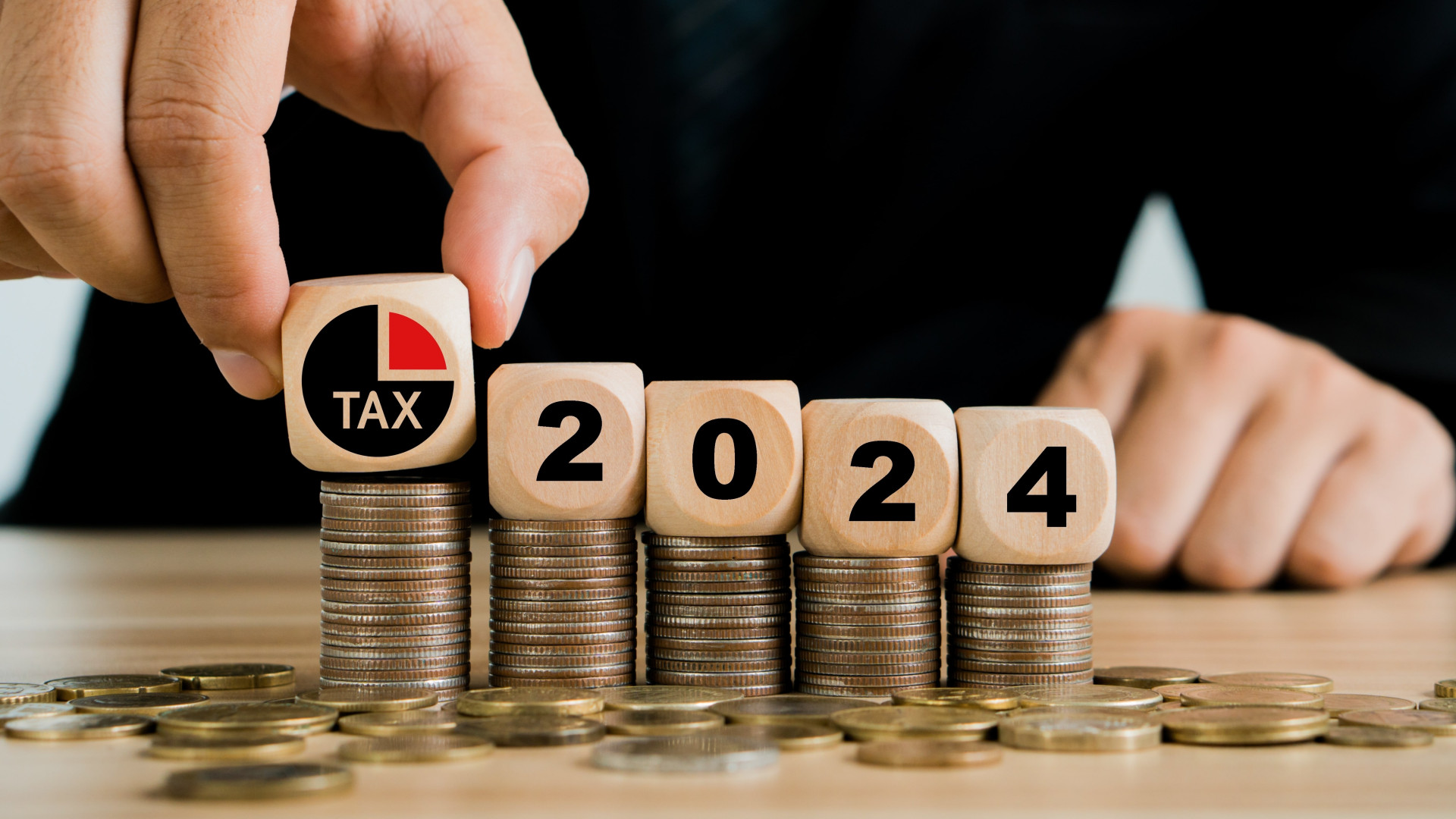John McCaffery, from British accountancy and tax advisory firm Alexander & Co, discusses the often overlooked need for tax advice as earnings from tournament winnings in esports increase.

In esports, viewership, engagement and prize pools are now reaching staggering heights.
The Esports World Cup recently announced a record-breaking prize pot for the 2024 festival, at an eye-watering $60 million. That’s a whopping $15 million increase from the previous record holder. Professional gamers are finding themselves in the spotlight, not just for their gaming prowess, but also for their financial success.
With prizes being offered at such soaring heights, many countries are cracking down on taxes on esports winnings. Many gamers can easily forget that the money they win in tournaments should be classed as income and is therefore liable for income tax. But waiting for the tax man to get in touch is a dangerous game. Huge penalties can be accumulated if players are not more proactive with their finances.
According to the esports tax experts at Alexander & Co, “If winnings are directly paid to a player, careful consideration must be given to how they will be taxed. Where tournament winnings are paid out to a team and subsequently distributed to players, it is likely that the winnings will be subject to income tax, potentially employment income.” This classification means that esports players must navigate complex tax regulations, just like any other professional athlete or entertainer.
“How esports players are taxed is often misunderstood.” says John McCaffery, Tax Partner & Head of Tax at Alexander & Co: “As a growing area of interest to HMRC, it is placing more resources into this dynamic area. Accordingly, up-to-date advice is crucial.”
When commenting on the global nature of esports tournaments, John McCaffery also explained: “Having an international element, with tournaments taking place or at least being hosted in different countries, adds an extra level of complexity to how it is taxed and this requires expert advice.”
The taxation of tournament prize pool income and other income generated from esports will also depend on whether the esports player is considered to be engaged in a trade. In most cases, particularly in professional tournaments, HMRC will view the individual as conducting a trade, and the income will be treated as trading income.
For UK tax residents, the profits from their trade, including participation in such tournaments, are subject to taxation in the UK. This rule applies even if the tournament occurred outside the UK or if it was an online tournament hosted outside of the UK, though overseas holding taxes may also need to be considered.
Having dedicated tax advisors and accountants who can help players navigate the complicated world of tax is now crucial. For those looking to partake in national or international competitions, hiring someone who is familiar with the world of esports to manage finances will be a huge weight off their shoulders.
With support from a specialist accountant, you’ll be able to better concentrate on what really matters most – winning! Learn more about Alexander & Co Chartered Accountants and Tax Advisors’ esports services here.

